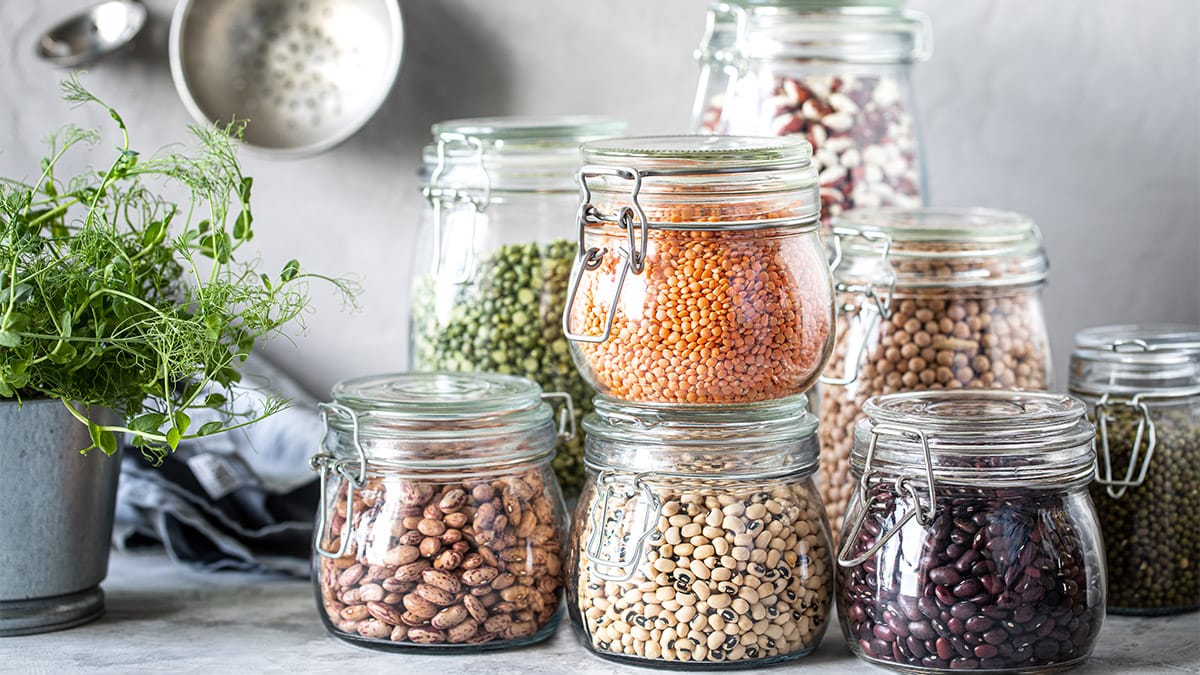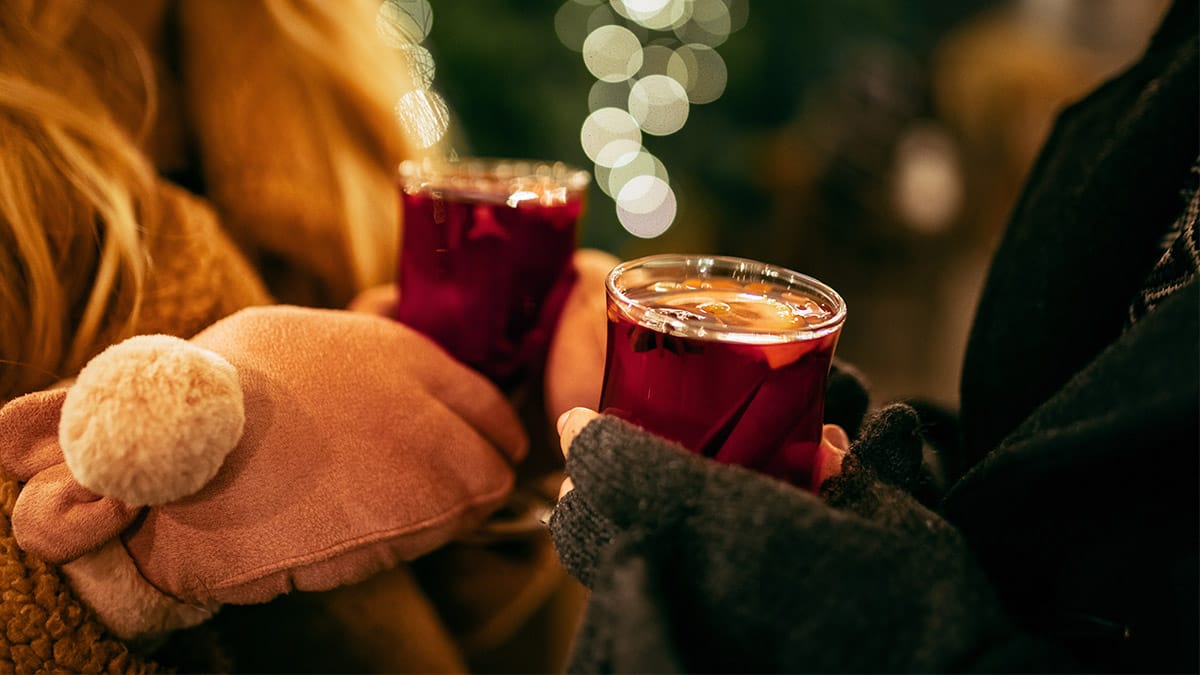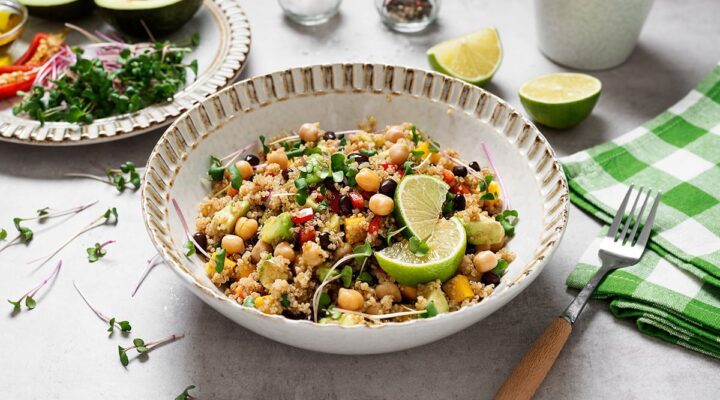How Protein Can Help You Survive The Festive Season

You know the festive season has arrived when advent calendars fill the shelves, chocolate Santas make their annual debut, and party invitations start piling up, making indulgence feel almost unavoidable.
For many, there’s a lingering worry about undoing the healthy habits they’ve worked so hard to maintain throughout the year.
The good news? With a few simple strategies, you can stay balanced while enjoying the celebrations—and protein might just be the unsung hero of the holiday season.
Pre-Party Food Choices Can Impact Hangover Severity
Waking up with a hangover is one of the most unpleasant experiences, yet, despite knowing how awful it feels, we often end up repeating the cycle. So, is there anything we can do to ease that pounding head the next day, apart from simply abstaining from alcohol?
While protein doesn’t directly absorb alcohol, incorporating high-quality sources like pea protein, which is rich in nicotinic acid (a form of vitamin B3), can be beneficial1.
Nicotinic acid has been linked to less severe hangovers in social drinkers, by supporting the metabolic processes that help break down alcohol. Specifically, it promotes the more efficient oxidation of alcohol into acetaldehyde, a key step in alcohol metabolism1.
To further strengthen your hangover resilience, pair your tryptophan-rich meal with zinc-rich foods or supplements. Zinc, another nutrient associated with reduced hangover severity, works synergistically with nicotinic acid to support liver function and alcohol metabolism.
Legumes like beans and lentils are excellent plant-based sources of zinc, making them a smart addition to prepare for a night of holiday celebrations1.

Managing Blood Sugar and Cravings
Holiday drinks are often packed with sugar—think cocktails, mulled wine, and Baileys. The high sugar content can lead to rapid spikes in blood sugar, followed by crashes that trigger cravings for more food or drink.
Protein helps stabilise blood sugar levels by promoting insulin release3 and reducing the amount of glucose absorbed in the intestines after eating4.
This not only helps prevent those post-drink cravings but also keeps you feeling balanced throughout the night.
By including protein in your meals or snacks, you can avoid overindulging in high-energy foods the next day, helping you stay on track with your health goals even during the festive season.
Maintaining Muscle Mass and Increasing Energy Expenditure
It’s easy to neglect regular exercise and muscle recovery during the holidays, but eating enough protein helps preserve your lean muscle mass, even if you’re not hitting the gym as often5. By keeping protein, a regular part of your meals and snacks, you’re giving your body what it needs to maintain strength and energy throughout the Christmas period.
Incorporating protein into your meals doesn’t just help maintain muscle mass and ease hangovers, it can also counteract the effects of more sedentary days. Whether it’s a movie marathon or a long holiday lunch, these moments often leave us moving less than usual.
A higher-protein diet can boost energy expenditure, as protein requires 20-30% of its usable energy for digestion and metabolism, compared to fats, which only require 0-3%6. This makes protein a valuable ally in keeping your metabolism active, even on your more relaxed days.

Glutathione: Your Christmas Ally
Our powerhouse antioxidant, glutathione, is made up of three amino acids: cysteine, glutamate and glycine.
It helps reduce acetaldehyde levels in the blood, (the toxic byproduct of alcohol metabolism), and has good evidence for improving hangover symptoms, including dizziness, headaches, fatigue and stomach pain2.
So, how can we naturally boost glutathione production? Including protein-rich foods in your diet, such as oats, cruciferous vegetables, nuts, seeds, and legumes, can support the synthesis of this powerful antioxidant.
It’s no surprise that many people report feeling revitalised after a nutrient-packed breakfast that includes these nourishing foods.
Check out our favourite festive high protein recipes here.
References:
Verster JC, Vermeulen SA, Loo AJAEV, Balikji S, Kraneveld AD, Garssen J, Scholey A. Dietary Nutrient Intake, Alcohol Metabolism, and Hangover Severity. J Clin Med. 2019 Aug 27;8(9):1316.
Song G, Han H, Park S, Sa S, Chung W, Lee BY. Effects of GSH on Alcohol Metabolism and Hangover Improvement in Humans: A Randomized Double-Blind Placebo-Controlled Crossover Clinical Trial. Nutrients. 2024 Sep 26;16(19):3262.
Campbell A, Rains T. Dietary Protein Is Important in the Practical Management of Prediabetes and Type 2 Diabetes 1, 2, 3. The Journal of Nutrition. 2015; 145(1)164S-169S
Dugardin C, Fleury L, Touche V, Ahdach F, Lesage J, Tenenbaum M, Everaert N, Briand O, Lestavel S, Ravallec R, Cudennec B. An Exploratory Study of the Role of Dietary Proteins in the Regulation of Intestinal Glucose Absorption. Front Nutr. 2022. 19;8:769773.
Carbone JW, Pasiakos SM. Dietary Protein and Muscle Mass: Translating Science to Application and Health Benefit. Nutrients. 2019 May 22;11(5):1136.
Halton TL, Hu FB. The effects of high protein diets on thermogenesis, satiety and weight loss: a critical review. J Am Coll Nutr. 2004 Oct;23(5):373-85.


















